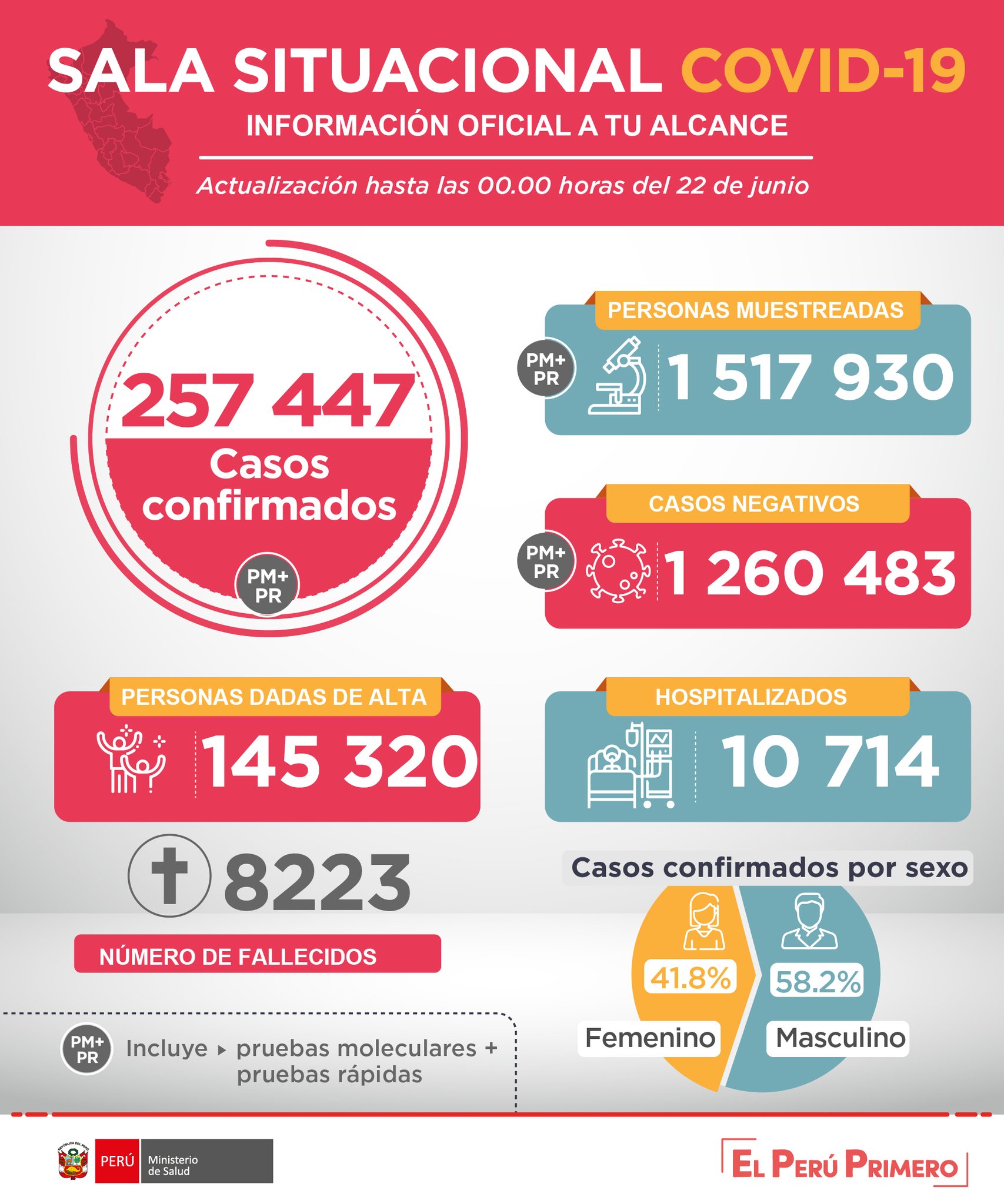A few days ago, a new student arrived in my EAL class in Peru ( EAL- English as an additional language.). The new student speaks Korean and Japanese, and has studied a bit of English; all of the classes, though, are taught in English, except the Spanish class. So, picture yourself in that situation: You are new to an English speaking school in a Spanish speaking country; you are about 12 years old; you speak two languages that have little to do with where you are now. Difficult, to say the least.
To begin the class, I asked students to introduce themselves to the new student. My students are very welcoming so this was easy for them. They clearly tried to make connections with him as they mentioned music, games, and other cultural ideas that he might be interested in. Then, one of the newer students introduced himself saying something like, “I am also new here, not quite as new as you, and I found it easy to make friends here. I hope you also are able to make friends. I will be your friend.”
I will be your friend.
Imagine the world if this is how everyone received new people, immigrants, refugees, the stranger, the unknown. It could happen.
I will be your friend. This gives me hope.




 In Peru it is National Teacher’s Day–Happy Teacher’s Day to all of the teachers out there.
In Peru it is National Teacher’s Day–Happy Teacher’s Day to all of the teachers out there. Today marks day 100 that Peru has been in quarantine. In that time there have been more than 250,000 confirmed cases of COVID-19, and more than 8,000 deaths. Peru even made it to #6 in the world of confirmed cases.
Today marks day 100 that Peru has been in quarantine. In that time there have been more than 250,000 confirmed cases of COVID-19, and more than 8,000 deaths. Peru even made it to #6 in the world of confirmed cases.